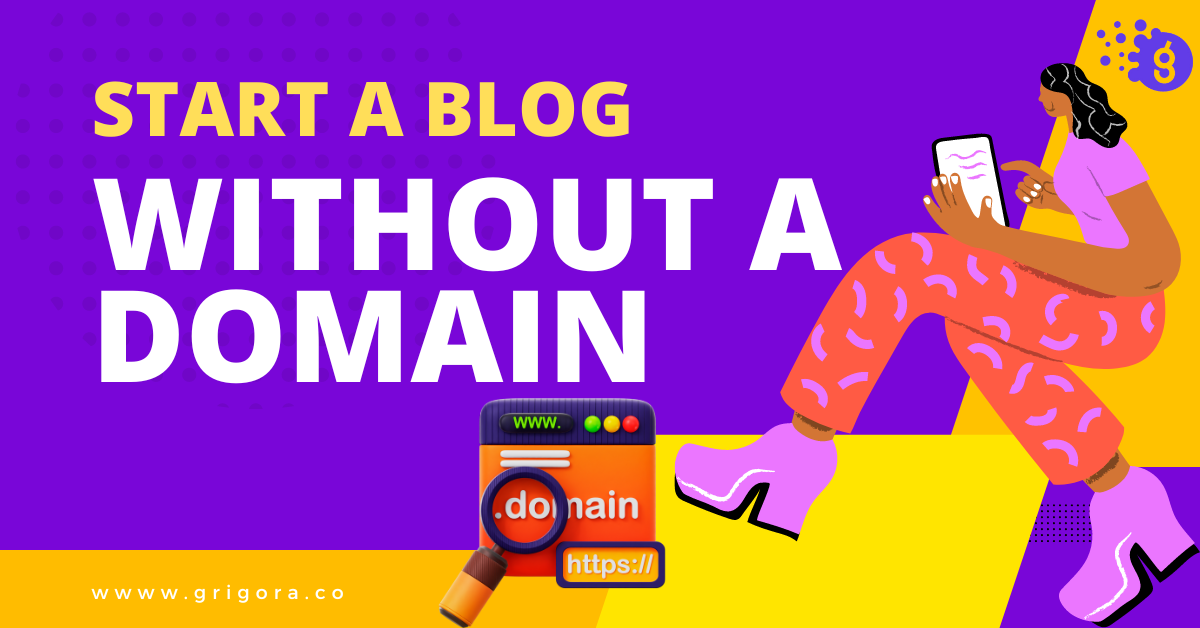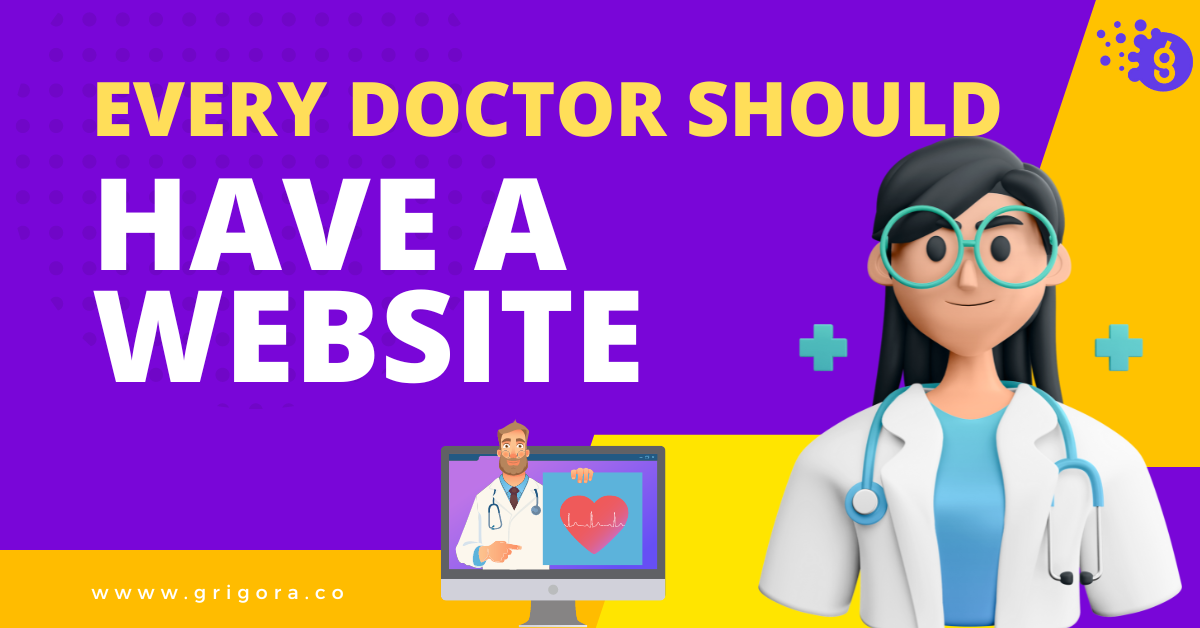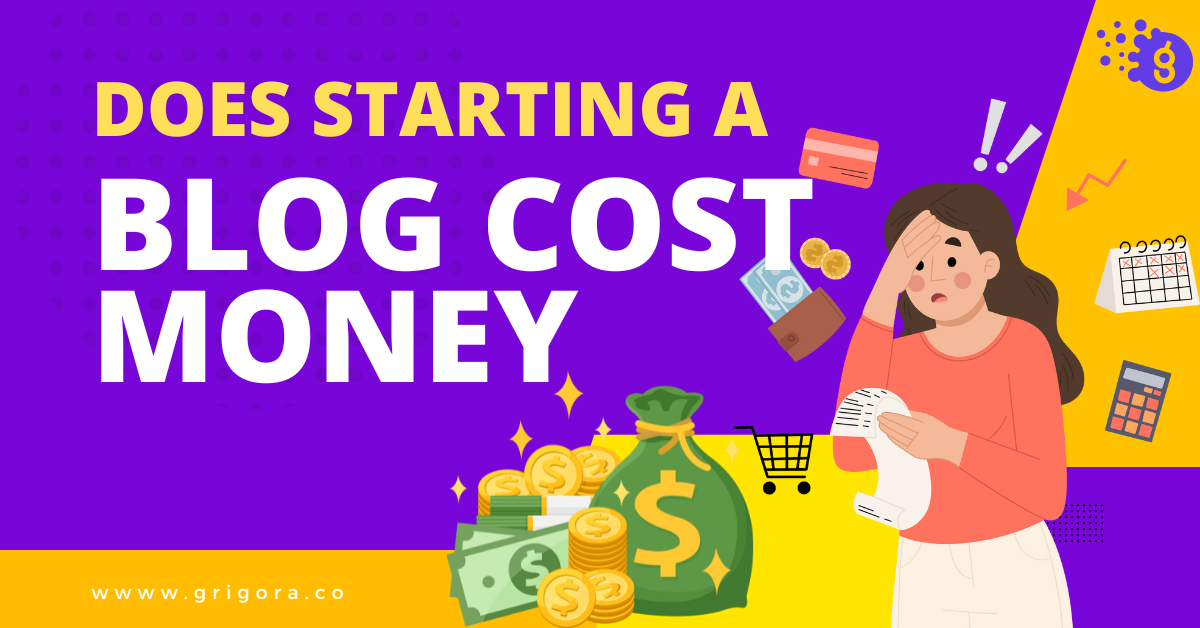Introduction: The Essentials of Blogging Without Owning a Domain
The Blogging Landscape for Beginners
Blogging, at its core, is a platform for personal expression and sharing knowledge. For those embarking on their blogging journey, the question often arises: Can you start a blog without owning a domain? The answer is a resounding yes. Platforms like WordPress.com, Blogger, and even Grigora offer avenues where beginners can start a blog without the need for a personal domain. These platforms provide an accessible and economical pathway for budding bloggers to step into the world of online content creation.
Weighing the Pros and Cons
While starting a blog without a domain is indeed possible and can be cost-effective, it's important to understand the trade-offs involved. Blogs hosted on these platforms often come with limitations in terms of customization, unique branding, and sometimes, monetization potential. However, they offer a crucial benefit: simplicity and ease of use, making them ideal for beginners. Notably, platforms like Grigora bridge the gap by offering a user-friendly interface and essential blogging tools during their trial period, allowing new bloggers to gain experience before deciding to invest in a personal domain.
To start a blog without owning a domain, one can utilize free blogging platforms like WordPress.com or Blogger. These platforms provide a subdomain and hosting, making it easy for beginners to start blogging immediately without initial financial investment. While this approach offers ease of access, it may limit customization, branding, and monetization opportunities compared to owning a personal domain.
| # | Method | Description | Pros |
|---|---|---|---|
| 1️⃣ | Free Blogging Platforms 🌐 | Platforms like WordPress.com, Blogger, Medium, and Grigora's trial period. | No initial cost, user-friendly, suitable for beginners. Grigora offers advanced features post-trial. |
| 2️⃣ | Social Media Blogging 📱 | Using Instagram, LinkedIn, or Facebook for microblogging. | Built-in audience, interactive features, ease of sharing. |
| 3️⃣ | Guest Blogging ✍️ | Writing for established blogs for exposure and backlinks. | Networking opportunities, no setup required, established audience. |
Exploring Free Blogging Platforms
A Gateway to the Blogging World
Free blogging platforms are the gateway for many into the digital storytelling realm. They offer a straightforward, no-cost solution for anyone looking to share their thoughts, expertise, or stories online.
Platforms at a Glance
WordPress.com: Known for its ease of use and a range of themes, it's a popular choice for beginners.
Blogger: A Google-owned platform that's user-friendly and integrates well with other Google services.
Grigora: Offers a unique blend of simplicity and advanced features, even in its initial free trial phase, making it stand out for those seeking a balance between beginner-friendly interfaces and long-term scalability.
Brand Identity and Professionalism
Crafting Your Online Persona
When you blog without a personal domain, your ability to shape a unique brand identity may be constrained. Free platforms often limit customization, which can impact the perception of your blog's professionalism and individuality.
Balancing Act: Professionalism on Free Platforms
Unique Branding Challenges: Free platforms come with design and functionality limitations, posing challenges in creating a distinct brand.
Perceptions Matter: Audiences often equate custom domains with professionalism; however, the quality of content can sometimes bridge this gap.
SEO Considerations for Free Platforms
Navigating SEO on Non-Custom Domains
Blogging without a personal domain can present unique challenges in terms of Search Engine Optimization (SEO). The domain structure of free platforms might not be as favorable for search rankings as custom domains.
Enhancing Visibility
Despite these challenges, there are strategies to improve your blog’s SEO:
Content Quality: High-quality, engaging content can attract organic traffic.
Keyword Optimization: Using relevant keywords strategically can improve search visibility.
Social Sharing: Leveraging social media can drive traffic and improve SEO indirectly.
Monetization: Turning Blogging into Revenue

The Monetization Landscape on Free Platforms
While free blogging platforms offer a starting point, they often come with limitations in monetization options. This includes restrictions on ad placements, affiliate marketing, and selling products or services directly through the blog.
Comparing Monetization Opportunities
Free Platforms: They may offer limited or platform-specific monetization options.
Personal Domains: Owning a domain generally offers greater flexibility in monetization strategies, allowing for more diverse revenue streams.
Long-Term Growth and Scalability
Assessing Growth Potential Without a Domain
Blogs started on free platforms can face growth limitations. While they are excellent for beginners, scaling up often requires more features and control than these platforms provide.
Considering the Upgrade to a Personal Domain
Growth Limitations: Free platforms may be insufficient for high traffic volumes or advanced customization.
Transitioning to Personal Domains: Migrating to a personal domain can offer more control, enhanced SEO, and better monetization opportunities, essential for long-term growth.
Success Stories and Inspirational Examples
Celebrating Blogging Achievements Without Custom Domains
Many successful bloggers began their journey on free platforms. Their stories serve as inspiration, showcasing that impactful content can transcend the limitations of not having a personal domain.
Learning from Their Journeys
Key Success Factors: These bloggers often focused on high-quality content, strong audience engagement, and effective use of social media.
The Transition: Many eventually moved to personal domains as their blog grew, leveraging the initial platform as a springboard to wider success.
Conclusion: Making the Right Choice for Your Blog
Weighing Your Blogging Options
Deciding whether to start a blog without a personal domain is a significant choice that depends on your long-term goals and resources. While free platforms offer an accessible starting point, a personal domain provides greater control and growth potential.
Evaluating Goals and Resources
For Beginners: Free platforms are ideal for testing the waters of blogging.
For Growth-Oriented Bloggers: Consider the investment in a personal domain as a step towards scalability and monetization.
FAQs: Addressing Common Queries
Is it cheaper to start a blog without a domain?
Yes, starting on a free platform eliminates initial costs like domain registration and hosting fees.
What are the limitations of blogging without a personal domain?
Limitations include reduced customization, potential SEO challenges, and restricted monetization options.
Can I migrate to a personal domain later?
Absolutely. Many free platforms offer options to upgrade to a personal domain as your blog grows.
Does a personal domain significantly impact blog growth?
A personal domain can enhance branding, SEO, and monetization, contributing to more substantial blog growth.
How do I know when to transition to a personal domain?
Consider transitioning when you need more customization, better SEO, or advanced monetization options that free platforms don't provide.



